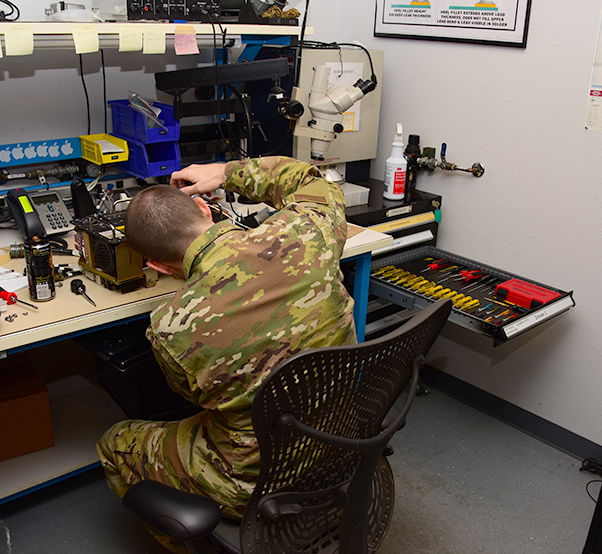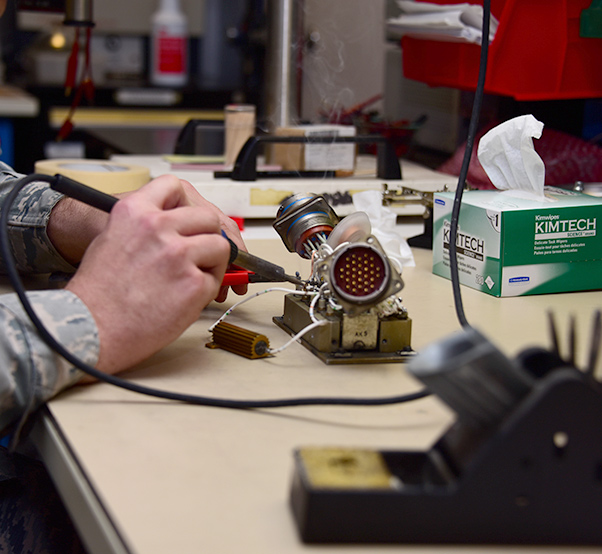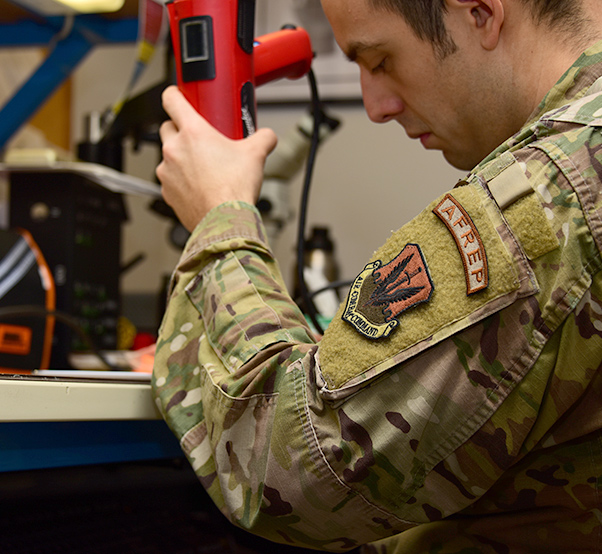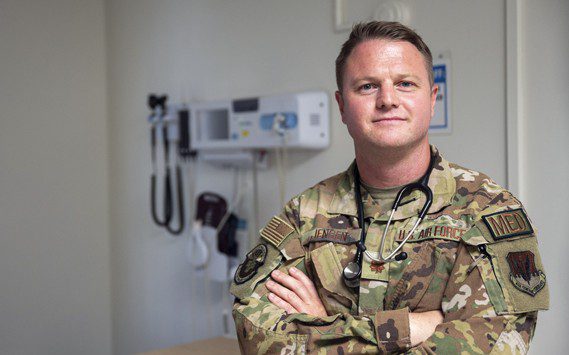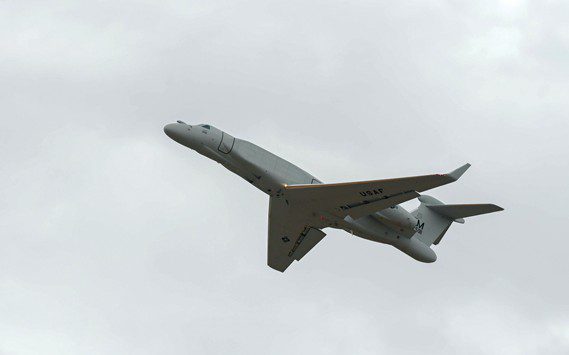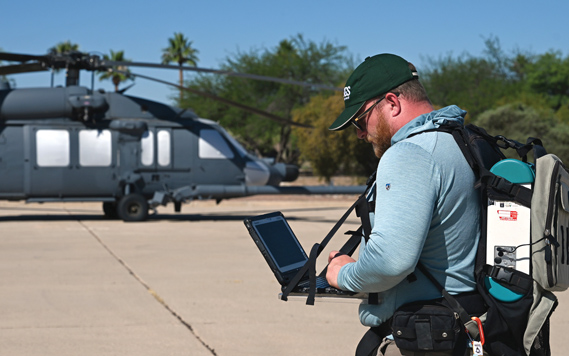In a constantly changing Air Force, better processes and innovations are always on the horizon. One of these ideas is from Davis-Monthan’s 355th Maintenance Group.
The Air Force Repair Enhancement Program was brought to Davis-Monthan in the early 1990’s as one of the first of its kind. The program, which is now Air Force-wide, fixes equipment in-shop instead of shipping them to be fixed or disposing of the part, ultimately saving the Air Force millions of dollars.
“AFREP really began as a cost saving measure to fix equipment in an effort to not just replace things when they get older,” said U.S. Air Force Tech. Sgt. Daniel Isaksen, 355th MXG AFREP manager. “It has evolved into much more than that. We are really about saving legacy systems, specifically the A-10 [Thunderbolt II], HH-60G [Pave Hawk] and various C-130 models, by fixing parts that are harder to find or not being produced anymore.”
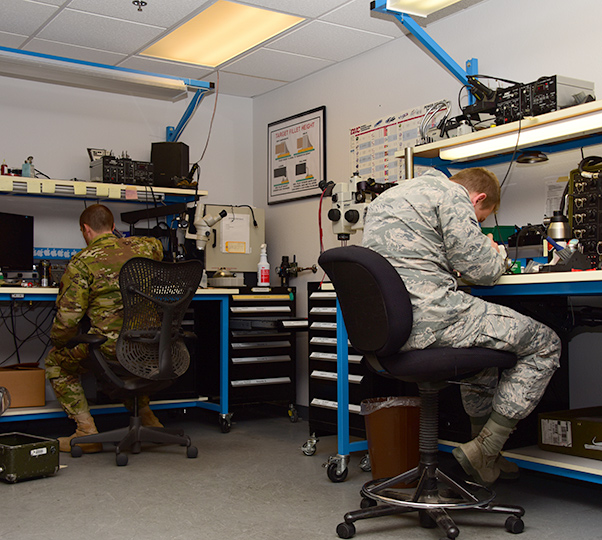
Working with these older airframes can be challenging, but can also be rewarding for the Airmen of the AFREP shop.
“This job brings new challenges every day and you never know what’s going to walk through the door,” said Todd Zickel, 355th MXG AFREP supply manager. “We do a wide variety of repairs and are even sustaining parts that are no longer being produced to be able to keep the older aircraft functioning.”
The rescue and attack missions of the 355th Wing depend on these aircraft working as effectively as possible and AFREP ensures they can stay ready by fixing and quickly returning broken parts and equipment back to the flight line.
“Although we are a really small shop, we have a huge impact and are pivotal to sustaining the legacy systems,” said Isaksen. “This shop specifically is leading the Air Force in what we do and how we do it. We are even being contacted by other bases and depots to help alleviate some of their workload with the capabilities we have in our shop.”
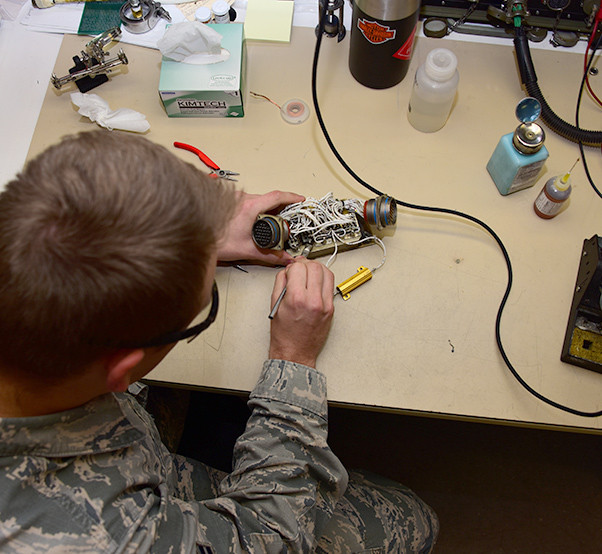
The Airmen in the AFREP shop are selected from different career fields and squadrons from around the 355th MXG to bring a wide variety of knowledge and skill sets. This enables them to produce the best product for longer life on the aircraft.
“Aircraft downtime has been minimized because of how much quicker we can get parts back to the units,” said Zickel. “We are a small shop that makes a big difference, especially in time and money savings.”
This shop, comprised of six Airmen and one civilian, is crucial to the effectiveness of not only the MXG, but also the training and operational missions of the wing. The objectives of Davis-Monthan are only met by keeping these aircraft ready and functional, which is something AFREP does while saving the Air Force millions of dollars and crucial man-hours.
